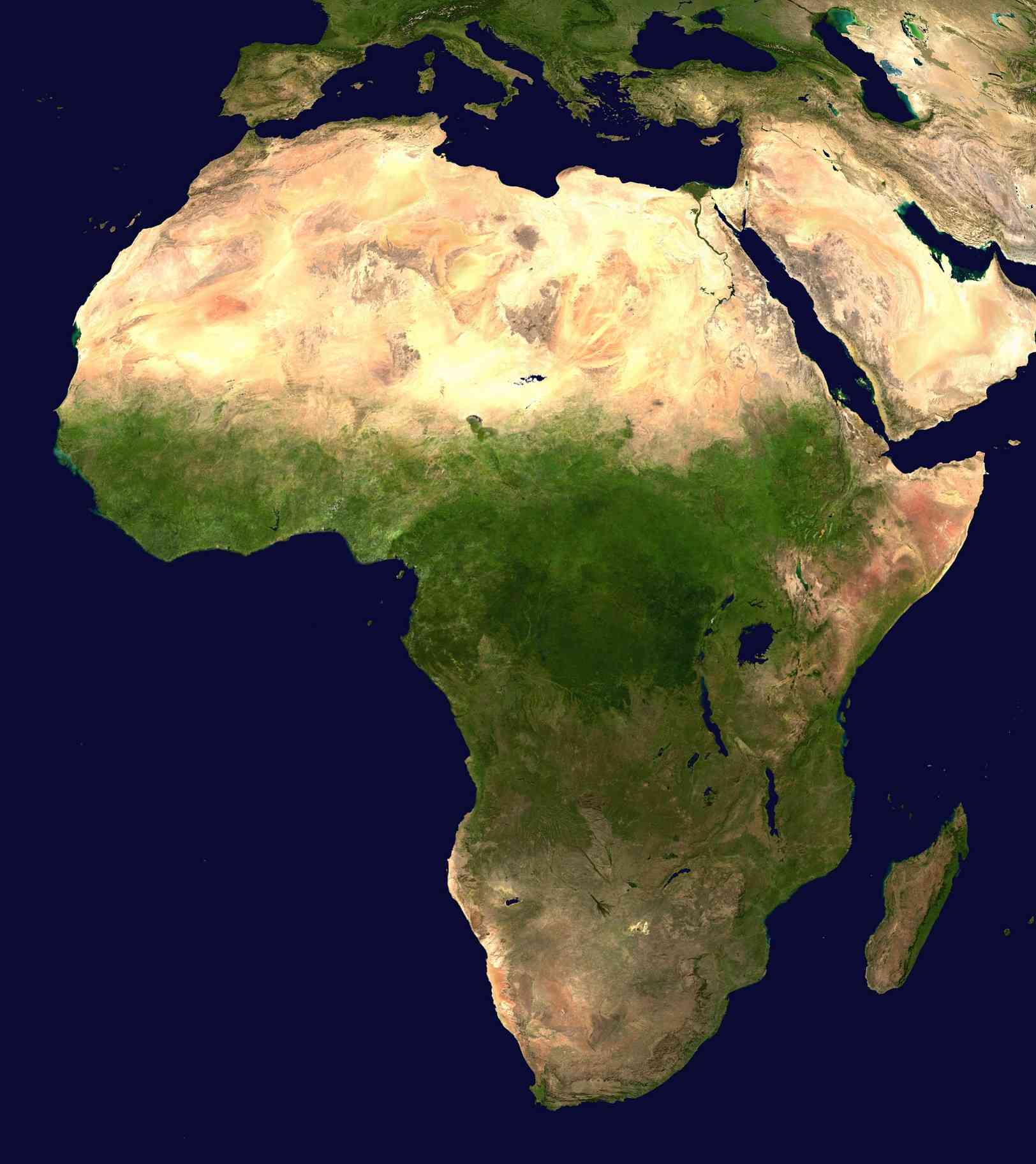
MASS smuggling and looting of mineral resources has been a huge worry across Africa.
Generations have died from treatable ailments because health delivery systems have crumbled due to funding challenges.
Yet on the other hand the huge resource endowment these countries possess has turned into a curse.
Minerals, especially gold and diamonds are benefiting only a few elite groups, and big multinational corporations that extract and export them back to their home countries.
Instead of funding the health and sanitation systems, revenues generated from Africa’s minerals have helped build metropolitan cities around the world.
One of the reasons behind this calamity is that African countries including Zimbabwe, have struggled to implement punitive measures to nip smuggling in the bud.
In Zimbabwe, more than US$1,5 billion of gold alone is smuggled yearly.
Given the level of looting, we see no reason for Zimbabwe to continue mining.
- Chamisa under fire over US$120K donation
- Mavhunga puts DeMbare into Chibuku quarterfinals
- Pension funds bet on Cabora Bassa oilfields
- Councils defy govt fire tender directive
Keep Reading
Government might as well order the shutting down of all mines, because there is absolutely no reason why Zimbabwe’s environment should continue to be decimated to benefit other economies.
According to the Zimbabwe Environmental Law Association, the country has been receiving only US$90 million in royalties annually, which is below the US$100 million being smuggled monthly.
This is worrisome to say the least.
It calls for government to critically look into this scourge.
What Zimbabwe requires are policies that encourage its 1,5 million artisanal miners to bring gold, for instance, to the official market.
Declaring war against them, as has been the case for many years, will only worsen the situation.
These miners will continue playing hide and seek with authorities, while continuing with their illicit activities.
In the case of gold, prices being offered by Fidelity Printers and Refiners must be competitive to attract sellers.
The issue of competitive pricing is crucial.
It must not be discussed at public events and end there.
Concrete efforts towards implementing such must be made so that those smuggling see no reason to prejudice their country.
Until this is done, Zimbabwe can forget about benefiting much from its mineral resources.











